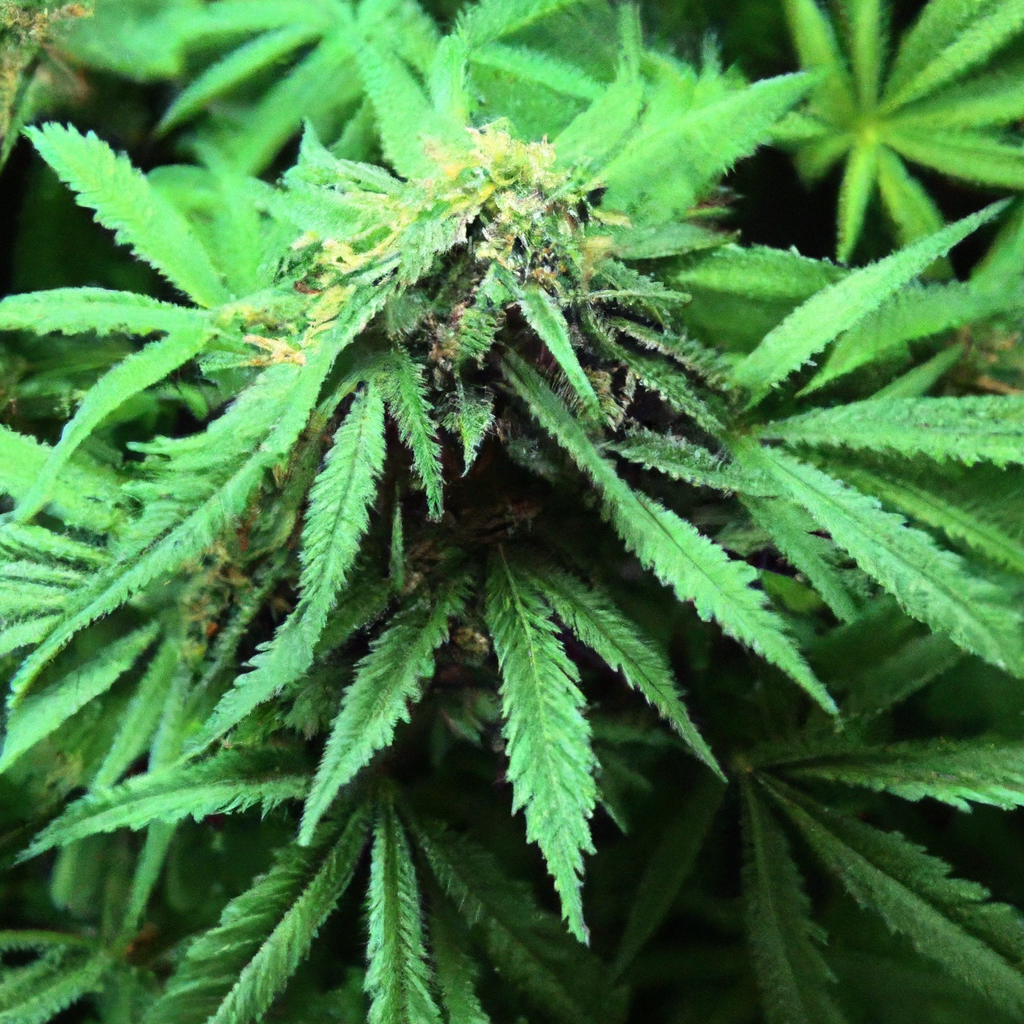Your cart is currently empty!
In the rapidly evolving world of cannabis cultivation, organic growing practices have gained significant traction. Not only do these methods produce high-quality cannabis, but they also promote environmental sustainability and healthier consumption. In this article, we delve into best practices for organic cannabis cultivation, focusing on natural fertilizers, compost, and eco-friendly pest control methods.
Introduction to Organic Cannabis Cultivation
Organic cannabis cultivation emphasizes the use of natural inputs and techniques to nurture the plant. This approach harmonizes with nature, avoiding synthetic chemicals and fostering a healthy soil ecosystem. The result is not only cleaner cannabis but also a reduced environmental footprint, aligning with the modern grower’s sustainability ethos.
Natural Fertilizers: Nurturing Your Plants Organically
- Compost: A homemade or commercially available compost is rich in nutrients and beneficial microorganisms. It enhances soil structure, increases water retention, and provides essential nutrients.
- Worm Castings: Known as nature’s superfood for plants, worm castings improve plant growth and resistance to common plant diseases.
- Bone Meal: This slow-release fertilizer is a great source of phosphorus and calcium, essential for strong root development and healthy flowers.
Pest Control: Harnessing Nature’s Defenders
An organic approach to pest control involves promoting beneficial insects and using natural repellents. Here are some effective methods:
- Beneficial Insects: Ladybugs and lacewings can naturally control aphid populations.
- Diatomaceous Earth: This natural powder is abrasive to many pests but safe for plants and humans.
- Neem Oil: A natural pesticide, fungicide, and miticide that disrupts the life cycle of pests.
Building a Healthy Soil Ecosystem
The foundation of organic cannabis cultivation lies in the health of the soil. A vibrant soil ecosystem enhances plant health and productivity. Here’s how to cultivate such an environment:
- Soil Mix: Use a blend of organic materials like peat moss, coco coir, and perlite for aeration and drainage.
- Cover Crops: Planting cover crops like clover or rye can fix nitrogen in the soil and prevent erosion.
- Microbial Inoculants: Introduce beneficial bacteria and fungi that support nutrient uptake and root health.
Conclusion: The Benefits of Going Organic
Embracing organic cannabis cultivation offers numerous advantages. For consumers, it means consuming cleaner, more natural products without the residue of synthetic chemicals. For the environment, it involves less pollution and a smaller carbon footprint. By focusing on sustainable practices such as natural fertilizers, effective pest control, and healthy soil ecosystems, growers not only improve their yields but also contribute positively to the planet.
With these practices, you’re well on your way to mastering organic cannabis cultivation.
Discover more from Magic Clones
Subscribe to get the latest posts sent to your email.


Leave a Reply